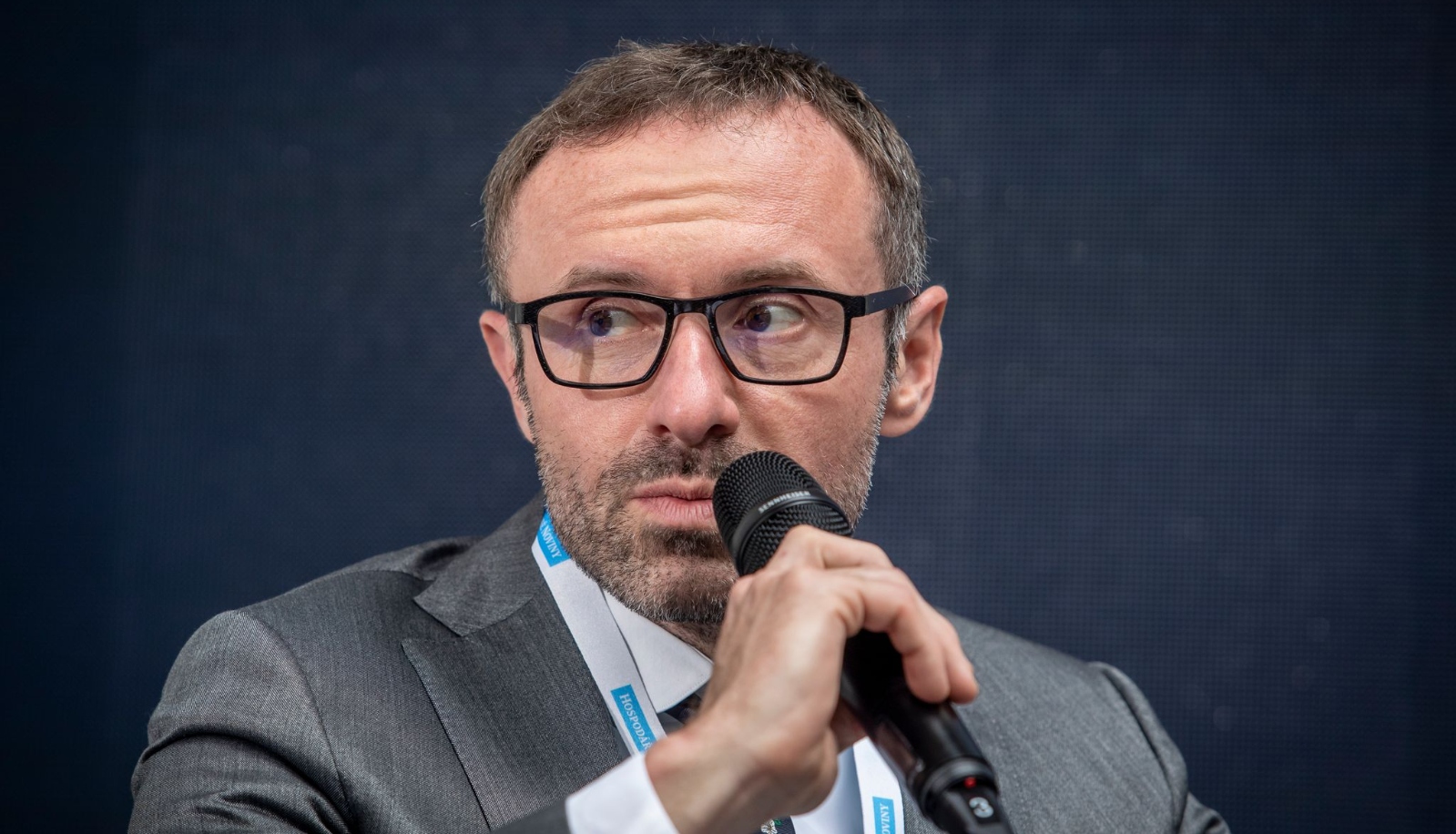Sophie's Choice, the US or China, awaits us. Limiting migration would cost Trump more, says billionaire Pudil
11/08/2024 - Hospodářské noviny
Interview
Petr Pudil is co-owner of the investment group bpd partners, which also does business in the United States. Through Draslovka Holding, he owns there the world's largest solid sodium cyanide plant in Memphis, Tennessee. He therefore travels to the USA frequently and draws attention, among other things, to the cheaper and more stable energy supply on the local market. How does he feel about the re-election of Donald Trump?
As an investor in the US market, what do you think of the election results and what are your expectations for the economy there?
The US economy is in good shape. It is growing solidly, has access to relatively cheap energy, and also has the conditions for the development and advancement of new technologies, particularly in the internet, digitalization, and AI. Trump has brought a return to protectionism, so I expect this trend to continue in his second term. However, the Democrats have also adopted this approach, although, unlike Trump, they have introduced some strong industrial policies. Trump says he wants to go down the road of trade wars, of tough tariff policies. At the same time, he wants to stop illegal migration. But that may be a bit of a problem for his plan to bring manufacturing back to America. Without migration, manufacturing in America will be expensive. Another pitfall of high tariffs is that they will have an inflationary impact.
What impact could this have on the European and Czech economies?
A big one. Companies that export to the US market will be moving production from Europe to the US, and Trump's tariffs will only accelerate this process. Theoretically, it may open the way for European goods to go to China, but here I fear that Europe will be at a difficult crossroad, as Trump will push Europe towards a unified position towards China. And certainly, EU and Ukrainian defense issues will also be on the table. It may be a bit of a Sophie's choice for the EU. But even with the Democrats I think Europe would get caught in the same trap, it just might take longer.
What will be the impact of Donald Trump's return on US foreign policy in Europe?
Donald Trump did a lot to unite positions within the EU on NATO and defense spending during his first term, although not everyone liked his form of negotiation. He will not treat the EU in a salon-like manner, the US will be more of a transactional partner but will remain an EU ally. I don't believe Trump will pull out of NATO or hand over all of Ukraine to Putin. Europe can bring about the breakup of NATO by aligning itself even more closely with China regarding trade. I do not know how Trump will resolve the war in Ukraine, but I would not give much weight to his previous statements. His voters want to see him as a strong leader who asserts US dominance, and Trump will not want to lose. That doesn't mean he'll want to support Ukraine to the extent that it completely drives Putin's military back into Russia.
Where does American society stand? Can parallels be found with the Czech one?
It is deeply divided and will remain so. The polarization in the US is much greater than in Europe, and I do not expect Trump to be able to find his way to the other camp, quite the opposite. A parallel to the developments in the EU and the Czech Republic is the common fear of migration. The rich countries are closing themselves off and do not want new migrants. Yet they are struggling with weak demographics, and their economic growth is based on the assumption of an open, globalized economy, which will be disrupted by more and more frequent conflicts in the Third World, where the frustrations of people who want to fulfill their dream of a better life elsewhere will accumulate. Voters in the EU and the US want leaders who promise to solve this, although it is questionable whether there is a solution.
Trump has failed this year with more educated white Americans of both sexes, even though they voted for him eight years ago. What does that mean?
I don't know if I can analyze that accurately. I think the key issue in this election was the impact of inflation. Americans voted with their wallets, and even though official inflation has fallen, people are still coming to terms with the new price level, and that takes time; the Democrats had a tough time in this, as did many politicians in the EU in various elections, including our PM Fiala. More educated people have higher incomes and so bear the effects of inflation better. They have other issues that Trump has taken to a more extreme level, so they either didn't vote for him or didn't go to the polls.
What do you think is in store for us in the EU now?
Hopefully a wake-up call. Good morning, it's time to get to work. Europe needs to fundamentally reform itself, integrate capital markets, strengthen banking and monetary union, unlock the huge savings we have into investment in innovative companies, and go massively digital. And also cut red tape and promote European business in the world, as the US and China are doing. The new European Commission has this plan in hand in the form of the Draghi report. A weak Europe will otherwise be a marginal player in which we will all gradually become poorer.
By Jaroslav Mašek

Photo by Lukáš Bíba, HN
